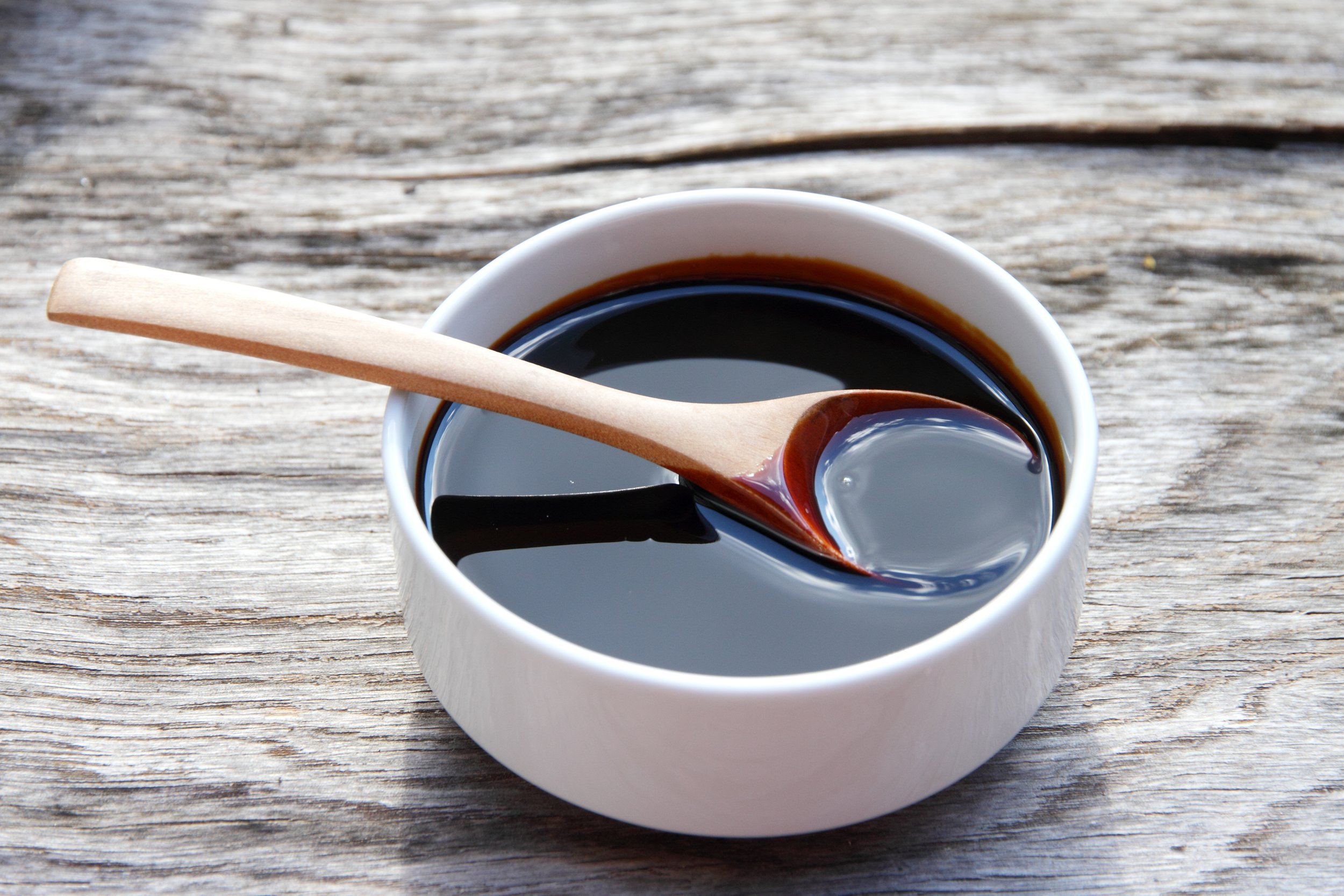IRON! A mineral worth talking about!
Vital for brain development & growth
Needed for cell production
Boosts resistance to infection & critical to immune function
Needed for hormone production
Makes up myoglobin - a protein that carries & stores oxygen in the muscles
Needed for proper immune function
Iron deficiency is the MOST COMMON nutrient deficiency, most often caused by excessive blood loss (menstruation), lack of iron in the diet, absorption issues and digestive dysfunction, & pregnancy. Those at Risk: females (monthly blood loss), growing infants & children, vegans who are not consuming enough iron, & endurance athletes (particularly female).
Iron is an essential element for blood production - about 70% of your body's iron is found in the red blood cells of your blood called hemoglobin and in muscle cells called myoglobin.
About 6% of body iron is a component of certain proteins, essential for respiration and energy metabolism, supporting the synthesis of collagen, some neurotransmitters, and needed for proper immune function.
About 25% of the iron in the body is stored as ferritin, found in cells and circulating in the blood. The average adult male has about 1,000 mg of stored iron (enough for about three years), whereas women on average have only about 300 mg (enough for about six months). When iron intake is chronically low, stores can become depleted, decreasing hemoglobin levels.
There are 2 kinds of Iron: Heme (animal sources) and Non-Heme (plant sources). While heme iron is absorbed more efficiently than non-heme, we can reach the body’s iron needs through consumption of either forms, provided we are absorbing iron efficiently.
When iron stores are exhausted, the condition is called iron depletion. Further decreases may be called iron-deficient erythropoiesis and still further decreases produce iron deficiency anemia.
How to Increase your Iron Absorption:
✔︎ Consume iron rich foods with vitamin C - vit C works synergistically with iron to increase absorption
✔︎ Avoid drinking tea or coffee with your meals - the tannins can reduce absorption by 39% - 64%
✔︎ Avoid calcium-rich foods or supplements when consuming iron foods - calcium interferes with iron absorption
✔︎ Consume a variety of iron-rich foods regularly
✔︎ In the Elderly, decreased iron absorption is often caused by a lack of hydrochloric acid secretion in the stomach and supplementing with HCl can be beneficial
One of the best ways to Up Your Iron Game is to consume foods that contain high iron levels REGULARLY through the diet. Choosing 3 - 5 foods on the list below and weaving them into your daily consumption will help you meet your Iron Needs proactively, without Supplementing, provided your Iron Levels aren’t already low.
Best Food Sources of Iron:
Kelp
Blackstrap Molasses
Pumpkin Seeds
Oysters
Beef/chicken liver
Beef/chicken
Sunflower Seeds
Almonds, Cashews, Brazil Nuts
Millet, Brown Rice
Leafy Greens
Broccoli, Cauliflower
Sprouted Mung Beans
Sesame Seeds
What If You Feel as Though You May Be Iron Deficient?
Symptoms of Iron Deficiency
Fatigue or Lethargy
Weakness
Depression
Restless Leg Syndrome
Impaired Cognitive Function
Pale Skin
Dark Circles Under the Eyes
Headache, Dizziness, or Lightheadedness
Inflammation or Soreness of the Tongue
Cold Hands & Feet
Brittle Nails
Chest Pain, Fast Heartbeat, or Shortness of Breath
Unusual Cravings for Non-Nutritive Substances, such as Ice, Dirt, or Starch
Considering Supplementation
BEFORE YOU SUPPLEMENT: Have your Ferritin levels checked by your doctor. Ideal levels should be above 70ng/mL. It isn’t a great idea to supplement with iron unless you’ve had your levels checked. Excess iron can cause build up in the liver, kidneys, and arteries, and may lead to increased risk of heart disease. Antioxidants like vitamin C & E can protect against iron-induced oxidative damage.
Dosage Ranges: It is best to work with a Health Care Practitioner to help decide what’s right for you. As a general recommendation, for Iron Deficiency, take 30mg of iron bound to either succinate or fumarate 2x/day between meals. If there is abdominal discomfort, take 30mg with meals 3x/day. To increase absorption, take with Vitamin C (Reference: Encyclopedia of Nutritional Supplements, Michael T. Murray, N.D.).
SUPPLEMENT OPTIONS:
Thorne Research - Ferrochel® Iron is chelated with bisglycinate amino acids, providing high absorption and increased tolerability. Capsule includes Vitamin C, B6, Folate & B12, all of which can enhance absorption and encourage proper nutrient balance.
OptiFer - 11mg of Elemental Iron, highly recognized, high bioavailability, and low gastrointestinal side effects.
Feresom Forte - Canadian Company, Liposomal Iron, high absorption, nutrient balanced.
NOTE: High intakes of other minerals, particularly calcium, magnesium, and zinc, can interfere with iron absorption and drugs like aspirin and ibuprofen may contribute to iron loss via gastrointestinal bleeding.
Always work with a Health Care Practitioner to be sure you are supplementing correctly and to avoid any interactions or negative side effects.
Hope you've learned something here today! If you have any questions or comments, please feel free to reach out to me directly. And be sure to sign up for the Newsletter so that you won’t miss any new info or recipes!
Resources:
Encyclopedia of Nutritional Supplements, Michael T. Murray N.D.
Examine.com
GI Society Product Review
Natural Medicines.com
Mayo Clinic
UCFS Health


